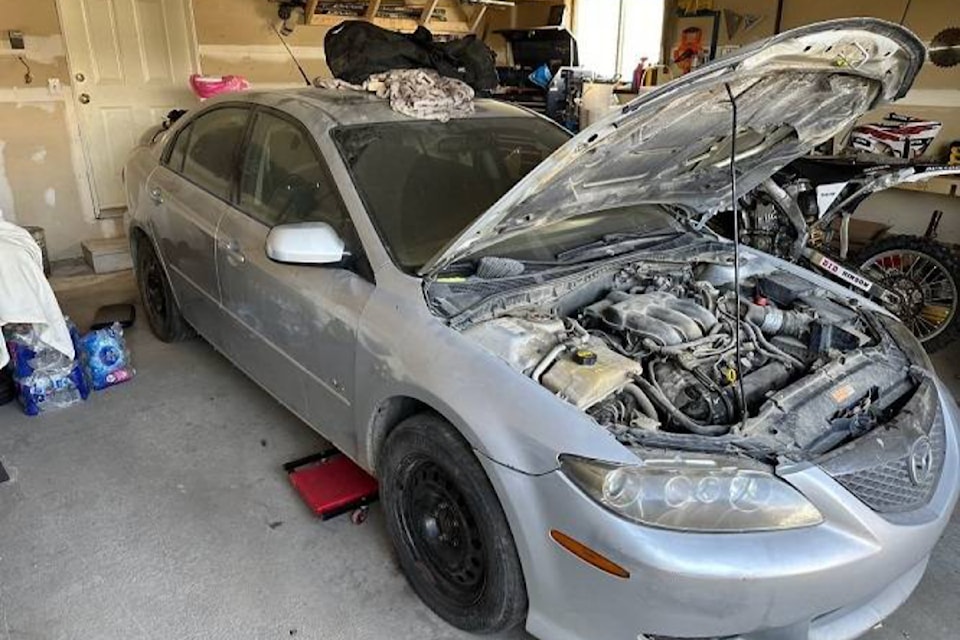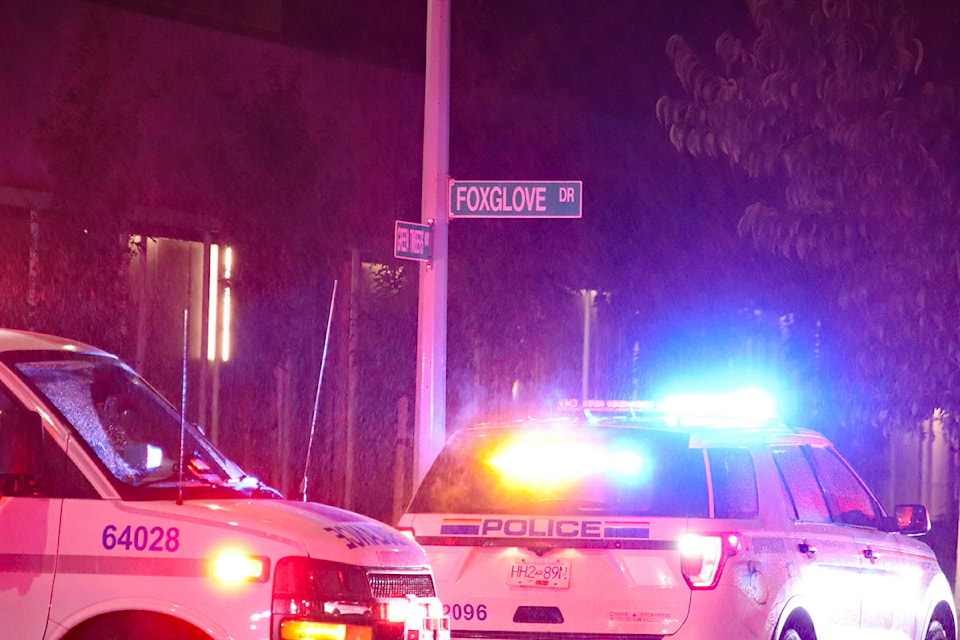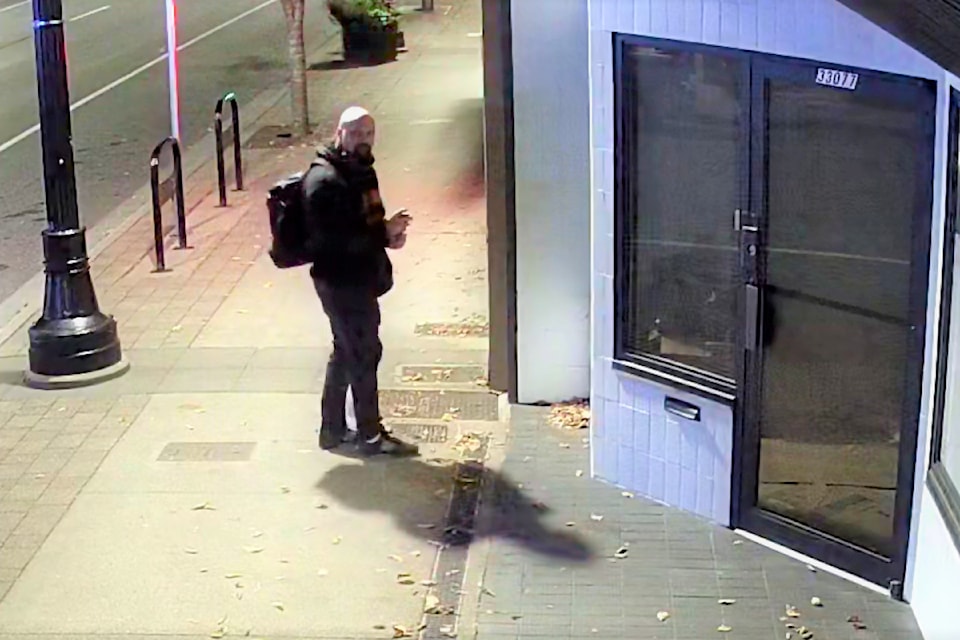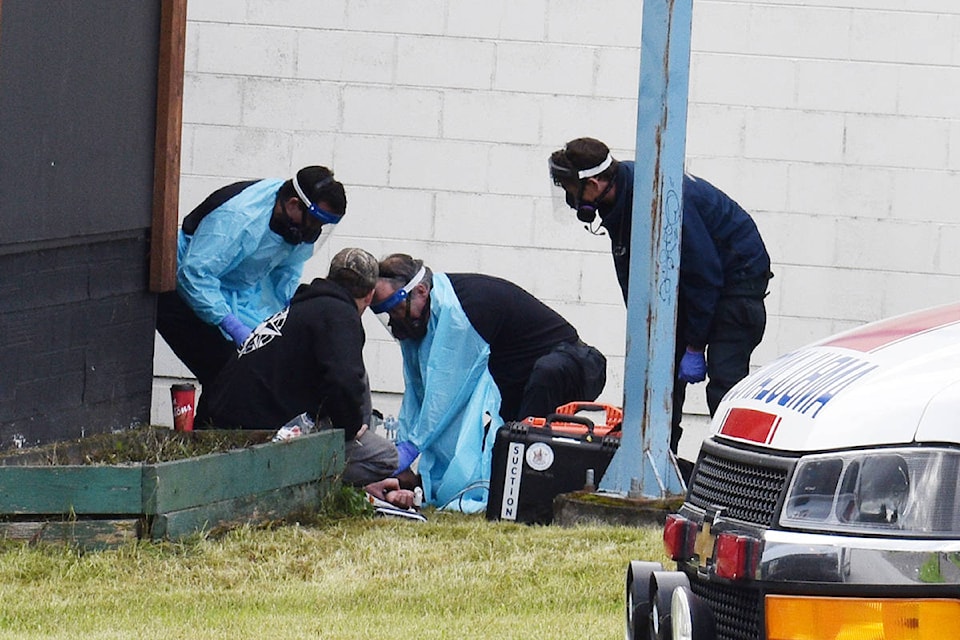2 days ago
Swift News
Prime Minister Mark Carney said Thursday his government is not considering hitting American goods with more retaliatory tariffs, even as the trade war rages on, because there are signs that the bilateral talks on relief are headed in the right direction.
Carney is facing pressure from some premiers, like Ontario's Doug Ford, and organized labour to take on U.S. President Donald Trump as he ramps up his tariffs on critical sectors — levies that have drawn jobs and investment away from Canada.
His comments come days after Stellantis announced it would produce its Jeep Compass in Illinois, rather than at the automaker's Brampton, Ont., plant — a decision that the prime minister called "a direct consequence" of U.S. trade actions.
Ford, who is set to meet with Carney later Thursday, offered a message to the prime minister: "If we can't get a deal, let's start hitting the U.S. back hard."
"We are nice, nice, nice. Play nice in the sandbox," Ford told reporters. "I am sick and tired of sitting and rolling over. We need to fight back."
But Carney said it's not the time for that, given Canada and U.S. officials are locked in negotiations.
"There's time to hit back and there's time to talk. And right now, it's time to talk," Carney told reporters at an unrelated announcement on crime. "We're having intense negotiations."
Canada-U.S. Trade Minister Dominic LeBlanc is back in Washington — after a pause in talks over the Thanksgiving weekend — to meet with senior U.S. officials. Michael Sabia, the clerk of the Privy Council, Canada's top bureaucrat, is also in D.C. as the two sides try to work out a deal.
Carney said he would brief Ford on the progress of those talks, which have been centered on the steel, aluminum and energy sectors, including a possible revival of the Keystone XL pipeline.
U.S. Commerce Secretary Howard Lutnick, Trump's tariffs czar, has said any possible trade deal will not involve the removal of tariffs on Canadian automobiles — comments that have prompted anxiety in Ontario and Ford's demands for Canada to take a harder line on the Americans.
In August, Carney dropped most of the retaliatory tariffs that former prime minister Justin Trudeau had levied on U.S. products, in an attempt to jumpstart talks with Trump to get the U.S. taxes lifted and preserve Canada's relatively good position.
While the so-called Section 232 tariffs on steel, aluminum, lumber and autos have been particularly punitive, most other Canadian goods continue to trade into the U.S. tariff-free. Carney has so far maintained tariffs on most U.S. steel, aluminum and certain auto imports as he holds out for a deal.




